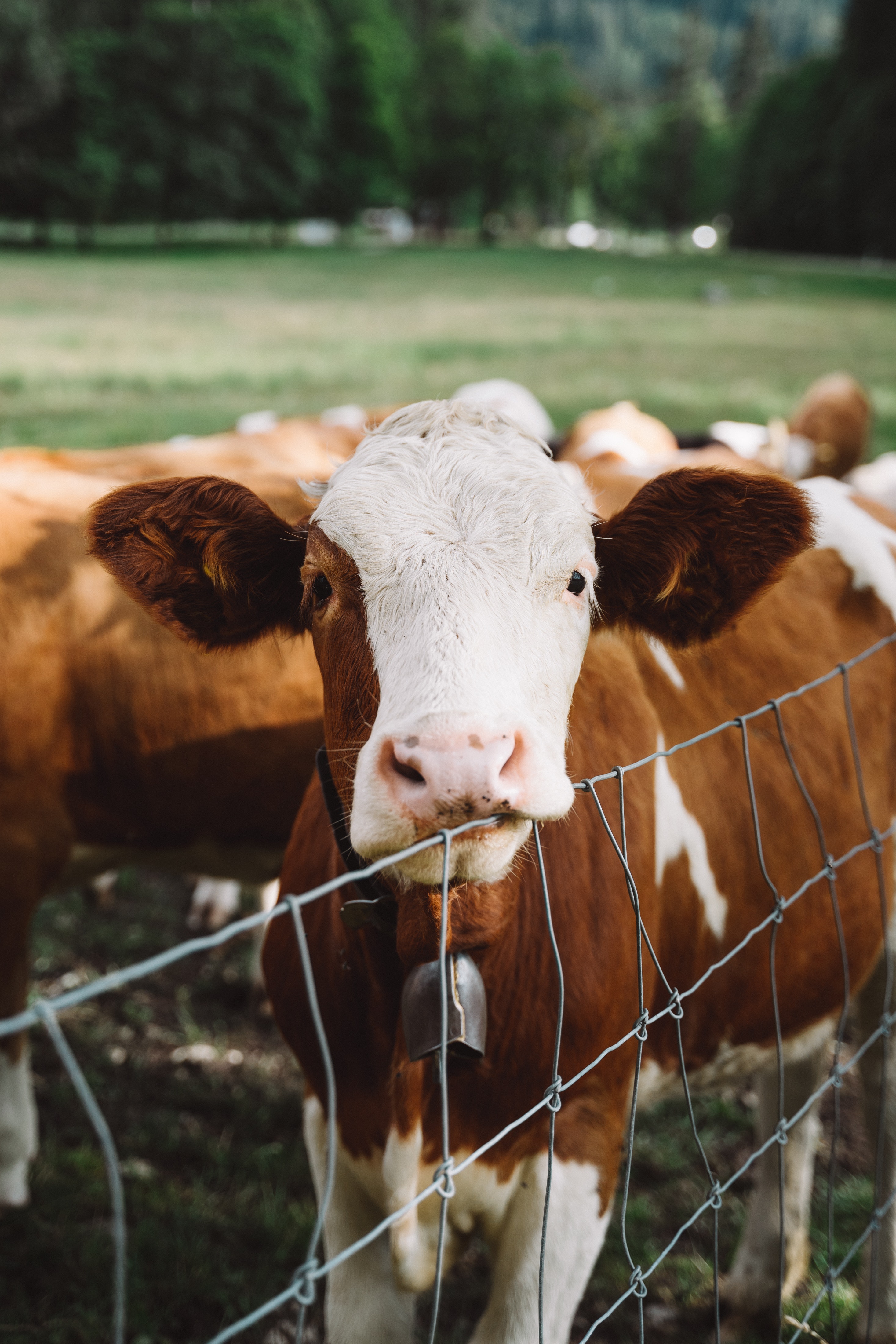Every day
5x a week
3x a week
Once a week
Every other week
Once a month
We love meat. We also love the environment. Between 1992 and 2016, meat consumption increased 500%. That increased demand for meat has taken a toll on the environment.
Curious about the impact you alone can have by eating less meat over the course of a year? The selector corresponds to the number of days you eat at least one meat meal.
The average American eats meat for at least one meal every day.
Every day
5x a week
3x a week
Once a week
Every other week
Once a month






Here's a case for deliberate, less frequent consumption of sustainably sourced meat:
Save money, help the environment, boost your local economy and make the times you do eat meat more meaningful. Plus, sustainanably sourced meat tastes better. Way better.
Not sure where to buy local meat? Click below to use our local meat finder.